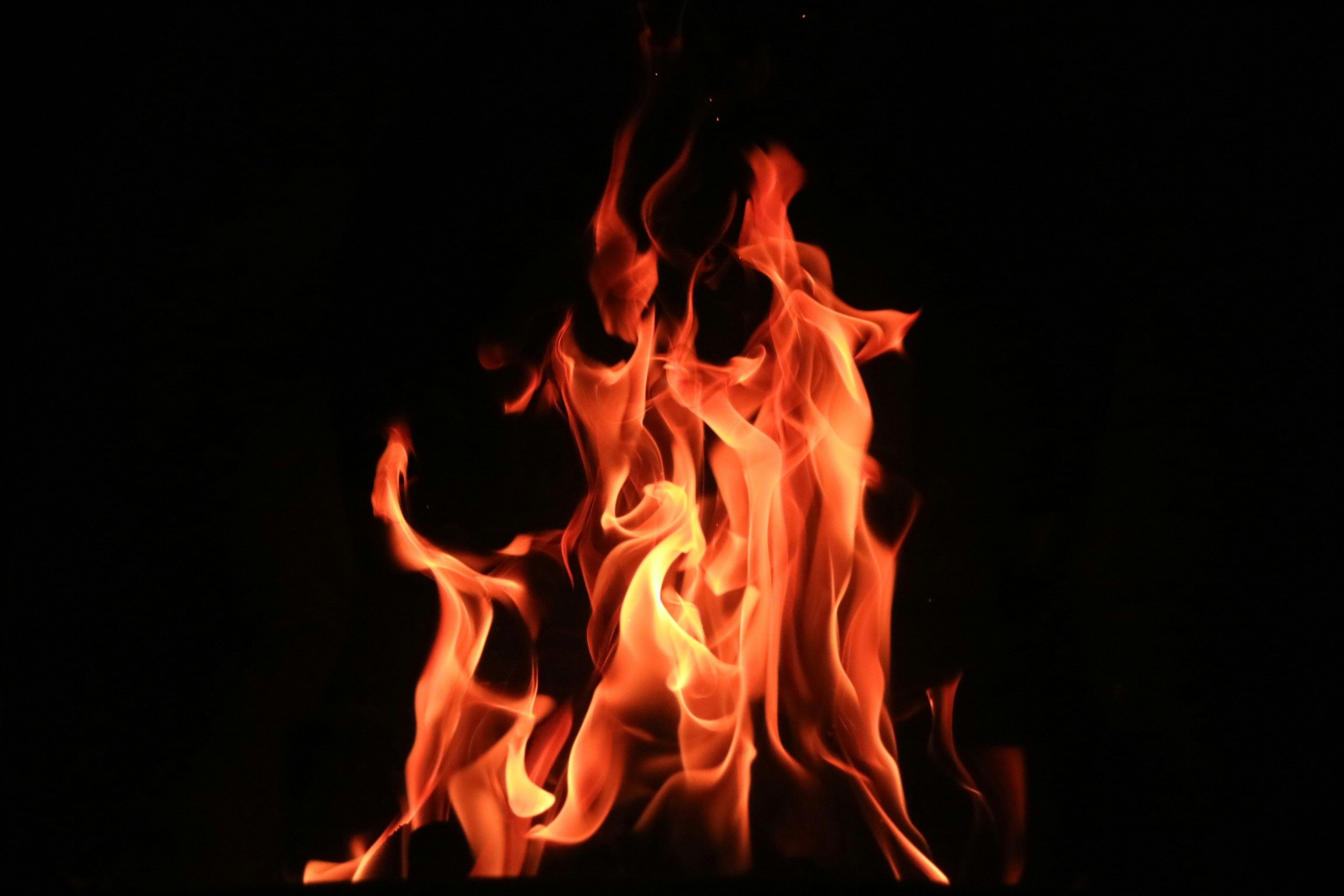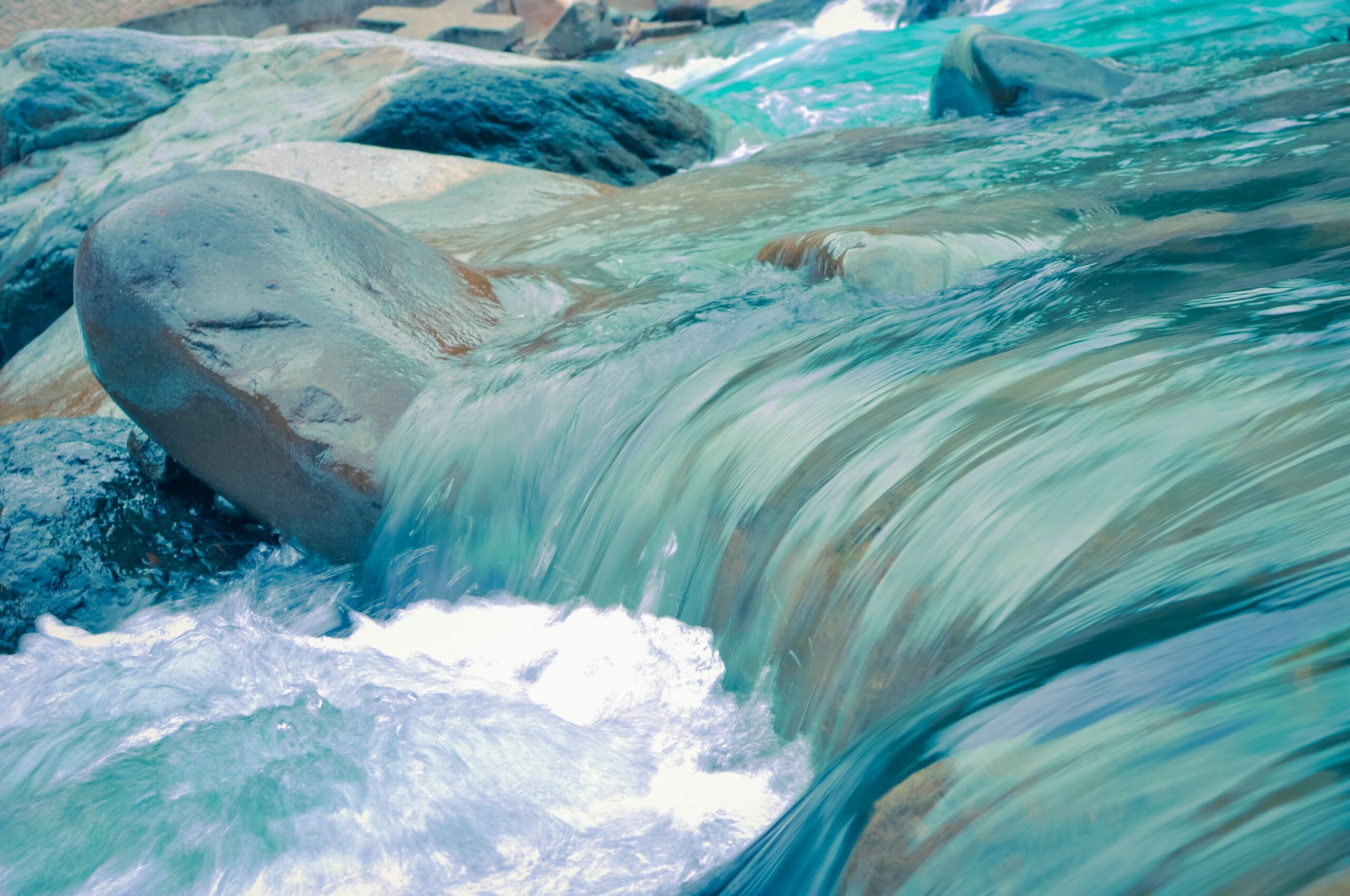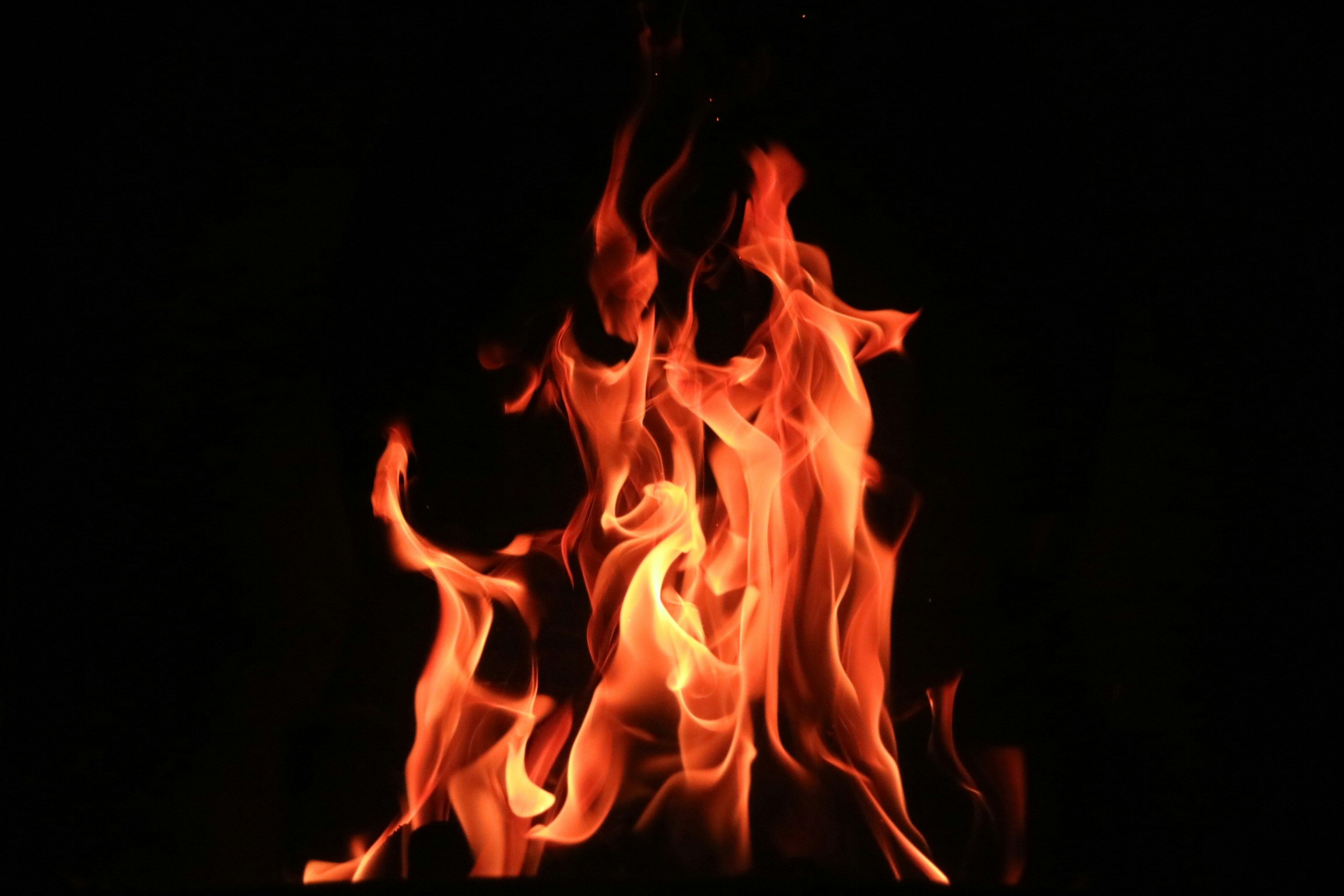In this article, we will explore the essential steps you can take to ensure the safety of your well water during wildfire and fire-prone conditions. With the increasing frequency and intensity of wildfires, it is crucial to be prepared and proactive in safeguarding your water supply. From preventative measures to post-fire actions, we will guide you on how to maintain the integrity and quality of your well water, providing you with peace of mind during these challenging times.
Understanding the Risks of Wildfires and Fire-Prone Conditions
Wildfires and fire-prone conditions pose significant risks to well water safety. When wildfires occur near your well, there is a high possibility of contaminants such as ash, debris, and chemicals seeping into your groundwater, which can lead to serious health risks if consumed. Understanding the potential impact on well water safety is crucial in order to protect yourself and your loved ones.
Overview of wildfires and fire-prone conditions
Wildfires, also known as forest fires or bushfires, are uncontrolled fires that rapidly spread across vegetation and forested areas. They can be caused by natural events like lightning strikes or by human activities such as campfires, sparks from machinery, or discarded cigarette butts. Fire-prone conditions refer to periods of increased risk for wildfires due to factors like dry weather, high wind speeds, and lack of precipitation.

Understanding the impact on well water safety
During wildfires, the intense heat can vaporize chemicals and release them into the atmosphere, which can then settle onto the ground and contaminate the surrounding groundwater. Additionally, burning vegetation and debris can release organic compounds and heavy metals into the air, which can then be carried by wind or rainwater into wells. These contaminants can pose serious health risks if consumed.
Identifying potential threats to well water contamination
There are several potential threats to well water contamination during wildfires and fire-prone conditions. The most common include:
Ash and debris: The ashes and debris left behind after a wildfire can contain harmful substances such as heavy metals, chemicals, and toxins that may contaminate the groundwater.
Chemicals from firefighting efforts: Firefighters often use chemicals such as fire retardants and foam to combat wildfires. These chemicals can leach into the ground and contaminate wells if used in the proximity of the water source.
Runoff from burned areas: When it rains or when firefighters spray water to extinguish the fire, the runoff from burned areas can carry contaminants into the groundwater.
Contamination from nearby structures: If structures such as homes or buildings are destroyed or damaged by a wildfire, hazardous materials like paints, solvents, and fuels may enter the groundwater.
It is essential to be aware of these potential threats and take preventive measures to protect your well water from contamination.

Preventing Contamination in Well Water
Maintaining proper well construction
An essential step in preventing well water contamination is ensuring that your well is properly constructed. The well casing should be securely sealed to prevent any surface water or contaminants from entering the well. Regular inspections should be carried out to identify any potential vulnerabilities and address them promptly.
Regularly inspecting and maintaining the well
Routine inspections and maintenance of your well are crucial in preventing contamination. Regularly check the wellhead for any signs of damage or wear and tear. Inspect the surrounding area for any potential sources of contamination, such as leaking pipes, faulty septic systems, or nearby chemical storage areas. Promptly repair any identified issues to prevent contamination.
Storing hazardous and flammable materials away from the well
To minimize the risk of contamination, it is important to store any hazardous and flammable materials away from your well. These materials can include gasoline, pesticides, fertilizers, paints, and cleaning agents. Ensure that they are stored in secure containers and kept at a safe distance from the well to prevent accidental spills or leaks.
Monitoring nearby fire activities
During fire-prone periods, it is essential to stay informed about nearby fire activities. Monitor local news sources, fire department updates, and evacuation orders to understand the potential risks to your well. If a fire is approaching your area, take necessary precautions and be prepared to implement preventive measures to protect your well water.
Implementing preventive measures during fire-prone periods
When wildfires are imminent or occurring nearby, there are several preventive measures you can take to safeguard your well water. These include:
Shutting off power to the well pump and any water treatment systems to prevent potential electrical issues caused by the fire.
Covering the wellhead with a fire-resistant material or a metal shield to protect it from airborne embers and debris.
Installing an emergency manual pump or having a backup power source to ensure access to water during power outages caused by the fire.
Creating a buffer zone around the well by removing or reducing flammable vegetation and maintaining a cleared area to prevent fire from spreading directly to the well.
Protecting the Surrounding Area of the Well
Creating a defensible space around the well
To protect your well from approaching wildfires, it is crucial to create a defensible space around the well. This involves clearing vegetation and other flammable materials from a designated area around the well, typically a minimum of 30 feet. This cleared area acts as a barrier, reducing the risk of fire reaching the well and potentially causing damage or contamination.
Clearing vegetation and debris
Regularly clearing vegetation and debris from the immediate vicinity of the well is important in minimizing fire hazards. Remove dry leaves, branches, and other flammable materials that can act as fuel for a fire. Regular maintenance of the surrounding area helps reduce the risk of fire spreading and potentially endangering the well.
Installing proper fire-resistant coverings and shields
Protective measures such as installing fire-resistant coverings and shields can greatly minimize the risk of well contamination during wildfires. Consider using materials such as metal, concrete, or non-combustible panels to cover and shield the wellhead. These materials can withstand high temperatures and effectively protect the well from airborne embers and debris.
Establishing effective firebreaks
Creating firebreaks around your property can help prevent the spread of wildfires towards your well. Firebreaks are areas cleared of vegetation and other flammable materials, creating a barrier that slows down or stops the spread of fire. Consult with local fire authorities to determine the best strategies for establishing effective firebreaks on your property.

Implementing Water Testing and Treatment
Testing the well water quality before and after fire events
Regular testing of your well water quality is crucial, both before and after fire events. By establishing a baseline for water quality before any potential contamination occurs, you can better identify changes and potential sources of contamination after a fire. Post-fire testing allows you to assess the safety of your well water and take appropriate steps for treatment if needed.
Consulting with professional water testing laboratories
For accurate and comprehensive water quality analysis, it is recommended to consult with professional water testing laboratories. These experts can help determine the presence of contaminants such as heavy metals, chemicals, and toxins that may have entered your well water due to wildfires. They can provide guidance on suitable water treatment methods based on the test results.
Using appropriate water treatment methods
If water tests indicate the presence of contaminants, appropriate water treatment methods should be implemented to ensure the safety of your well water. Depending on the specific contaminants identified, treatments such as activated carbon filtration, reverse osmosis, or ultraviolet (UV) disinfection systems may be necessary. Consult with water treatment professionals for expert advice on the best treatment methods for your situation.
Disinfecting the well after potential contamination
In cases where there is a possibility of contamination due to nearby wildfires, disinfecting the well becomes essential. This involves using chlorine or other disinfectants to kill potential bacteria, viruses, and other microorganisms that may have entered the well. Following the disinfection process, the well should be flushed with clean water to remove any residual disinfectant.
Emergency Preparedness Measures
Developing an emergency plan for well water safety
Planning ahead is crucial for maintaining well water safety during fire-prone conditions. Develop an emergency plan specifically focused on safeguarding your well water. This plan should include steps to be taken during various scenarios, such as evacuation, power outages, and potential contamination. Identify alternative water sources and establish communication channels with family members and local authorities for effective coordination during emergencies.
Having backup water storage and filtration systems
In preparation for emergencies, it is beneficial to have backup water storage and filtration systems in place. Consider installing water storage tanks or containers to store an adequate amount of water for household needs during potential disruptions to the well water supply. Additionally, having portable water filters or purification systems can provide an extra layer of protection if alternative water sources need to be utilized.
Maintaining communication with local authorities
Regular communication with local authorities, such as fire departments, health departments, and emergency management agencies, is essential in ensuring well water safety during fire-prone conditions. Stay informed about potential risks, evacuation orders, and any water advisories issued by authorities. Report any concerns or observations regarding potential fire hazards near your well to the appropriate authorities.
Preparing for evacuation and alternative water sources
In the event of an evacuation due to wildfire, it is important to have a plan in place for alternative water sources. This can include temporary relocation to a safe location with access to clean water, such as a friend or family member’s home, a community center, or designated emergency evacuation sites. Prepare sufficient water containers and purification systems to ensure access to safe drinking water during the evacuation period.

Educating and Informing Residents
Raising awareness about well water safety during fire events
Educating residents about the importance of well water safety during fire events is crucial for their well-being. Distribute informational materials that highlight the specific risks and preventive measures related to well water contamination during wildfires. Emphasize the significance of regular testing, maintaining well integrity, and implementing preventive measures to reduce the risk of contamination.
Providing educational materials and resources
Make educational materials and resources readily available to residents to ensure they have access to accurate and helpful information. This can include brochures, fact sheets, and online resources that cover topics such as well maintenance, water testing, emergency preparedness, and fire safety. Collaborate with local health departments, extension offices, and water agencies to develop and disseminate these materials effectively.
Organizing community workshops and training sessions
Community workshops and training sessions provide an opportunity to engage residents directly and provide hands-on education about well water safety during fire-prone conditions. Invite local experts, such as well water professionals, fire safety officials, and water treatment specialists, to conduct informational sessions and demonstrations. These events can empower residents with the knowledge and skills required to protect their well water.
Collaboration with Local Authorities and Fire Departments
Reporting potential fire hazards near the well
Maintaining an open line of communication with local authorities, particularly fire departments, is vital in identifying and reporting potential fire hazards near your well. If you observe any signs of fire hazards, such as overgrown vegetation, abandoned structures, or unsafe storage of flammable materials in the vicinity of your well, notify the appropriate authorities promptly. Timely reporting can help prevent fire hazards that may endanger your well.
Coordinating with fire departments for fire prevention efforts
Collaborating with fire departments and participating in fire prevention efforts can significantly reduce the risk of wildfires reaching your well. Stay informed about local fire prevention initiatives and participate in activities such as fuel reduction programs, community clean-ups, and fire safety campaigns. By working together with fire departments, you can contribute to safeguarding not only your well but your entire community from the risks of wildfires.
Seeking guidance and advice from local authorities
During fire-prone conditions, seek guidance and advice from local authorities on specific measures to protect your well water. They can offer valuable insights into local fire risks, prevention strategies, and emergency response plans. Engage in proactive discussions with authorities to ensure that you are well-informed and prepared to implement necessary safety measures.

Monitoring and Adjusting Safety Measures
Regularly monitoring the well water quality
To ensure ongoing well water safety, it is crucial to regularly monitor the quality of your well water. Implement a routine testing schedule to assess any changes or potential contamination. Monitoring should include tests for bacteria, nitrates, heavy metals, and any other contaminants of concern based on the specific risks in your area. Timely identification of any issues allows for prompt action to protect your well water.
Reviewing and updating preventive measures
Regularly review the preventive measures in place and assess their effectiveness in protecting your well during fire-prone conditions. Consider any changes in the surrounding environment, such as new nearby developments or changes in vegetation, which may warrant adjustments to your preventive measures. Stay informed about the latest best practices and guidelines for well water safety and make appropriate updates as necessary.
Adjusting safety protocols based on changing fire conditions
The nature of wildfires and fire-prone conditions can change rapidly, necessitating adjustments to your safety protocols. Stay informed about changing fire conditions through local fire authorities and monitor updates from sources such as the National Weather Service. Be prepared to adapt your preventive measures and emergency plans based on the evolving situation to effectively protect your well water.
Seeking Professional Assistance and Expert Advice
Consulting with well water professionals
In complex situations involving well water safety during fire-prone conditions, it is beneficial to seek professional assistance from well water specialists. These professionals have the expertise to assess your well system, identify potential vulnerabilities, and recommend appropriate preventive measures. They can provide guidance on well construction, maintenance, and water treatment strategies specific to your situation.
Hiring licensed contractors for well maintenance and repairs
When it comes to well maintenance and repairs, it is important to hire licensed contractors who specialize in well systems. These professionals possess the necessary knowledge and experience to ensure that your well is constructed, maintained, and repaired to the highest standards. Regular maintenance by licensed contractors helps minimize the risk of contamination during fire-prone conditions.
Seeking guidance from fire safety experts
Fire safety experts can provide valuable guidance and advice on protecting your well during fire-prone conditions. They can help you assess the potential fire risks around your property, suggest effective preventive measures, and recommend firebreak strategies that can effectively protect your well. Collaborate with fire safety experts to proactively address fire risks and ensure the continued safety of your well water.
Conclusion
Understanding the risks associated with wildfires and fire-prone conditions is paramount in maintaining well water safety. By implementing preventive measures, protecting the surrounding area of the well, implementing water testing and treatment, preparing for emergencies, educating and informing residents, collaborating with local authorities, and regularly adjusting safety measures, you can prioritize well water safety during fire-prone conditions. Remember, taking proactive steps to safeguard your well water helps ensure the health and well-being of both you and your loved ones.

